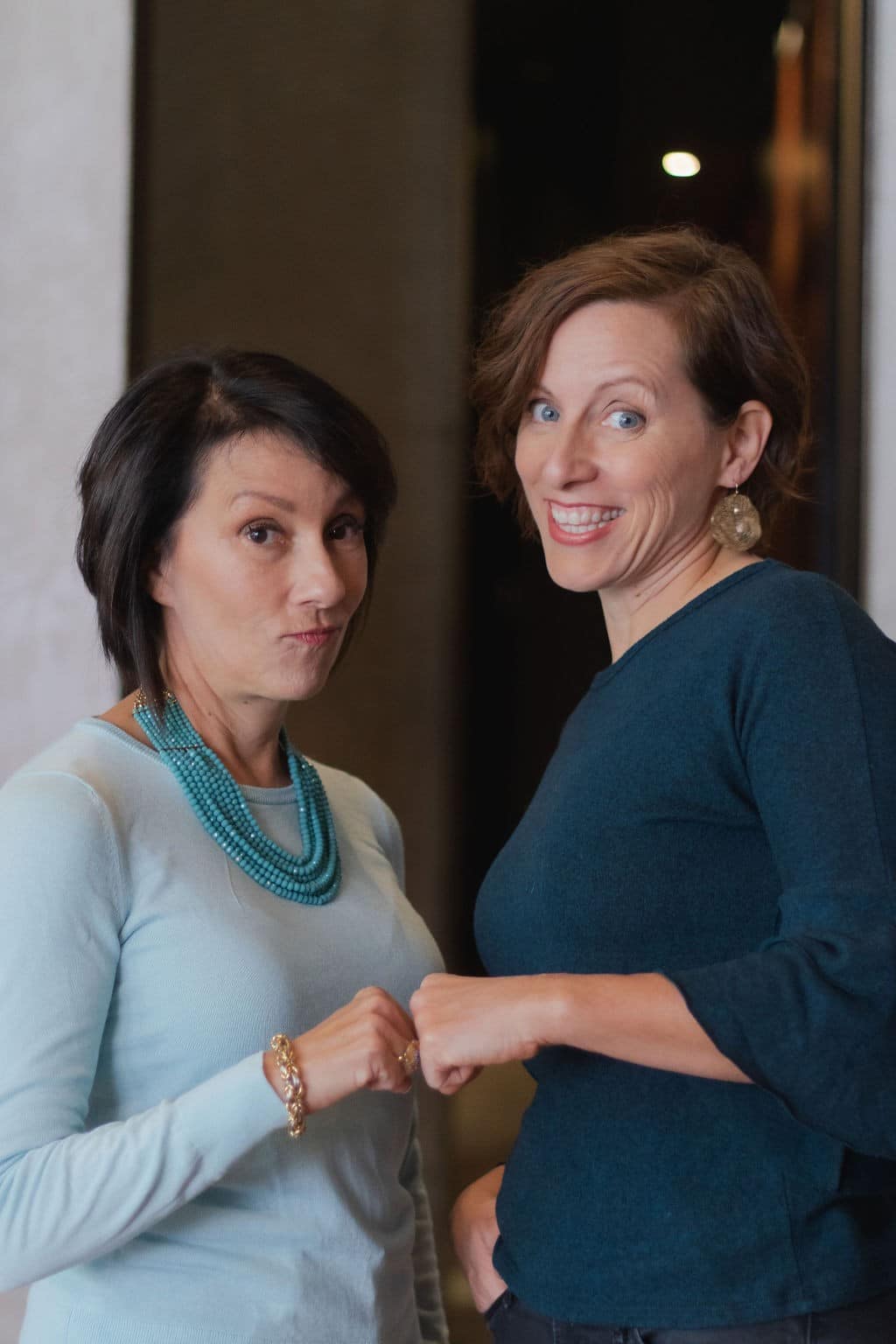Cultivating psychological safety is one of the most important aspects of the trust-building process. It’s all about making sure that the team feels safe enough to share their ideas and failures. Companies that focus on building a psychologically safe work environment create space for trust to grow.
[ez-toc]This article is part of a four-piece series by Brilliant People‘s Founder & CEO Whitney Nelson, and Brettnē Shootman, Director of Content & Communications. Check out the other content for complementary info!
So how can organizations and leaders cultivate psychological safety?
First Things First: The Case for Soft Skills
It’s no secret that soft skills are important to business success. Almost every employer agrees on their importance. In fact, these soft skills make up a whopping 85% of what leads to individual success. They’re the basis for effective communication and collaboration. But the kicker is only about 30% of companies are actually helping their employees develop these skills.
But if organizations truly understand that soft skills are the key to success, then they need to walk the talk. It’s not enough to just talk about soft skills – we need to actively help our teams get better at them. Time, effort, and money need to be invested in nurturing these skills to empower teams that connect like pros with each other and their customers.
Leaders have a big role to play in all of this because they set the tone for the rest of the company. It needs to be obvious to employees that the managers and other company leaders are role-modeling the soft skills they’d like to see in everyone else. A simple way to begin doing this is to include activities in weekly meetings that enable team members to get to know each other on a personal level. This includes understanding similarities that can create collaboration as well as differences that can lead to the opportunity to fill someone else’s gaps. These simple but meaningful moments will significantly contribute to creating a high-performing team.
Creating Safe Spaces for Better Collaboration: a How-to List on Psychological Safety
Creating safe spaces for better collaboration isn’t just any old process – it’s the recipe for building trust. Leaders who champion transparency, fairness, and the power of different viewpoints set the stage for a culture where trust thrives. By giving credit where it’s due and welcoming healthy conflict, leaders build relationships that are more innovative, open, and resilient, leading to better results.
Teamwork becomes more than just transactions – it’s a group effort fueled by trust, a shared understanding of the organization’s goals and priorities, and a desire to achieve them. But to accomplish this methods and habits that make open and honest conversation possible must be developed and honed. This is what really takes teamwork to the next level!
[table id=16 /] [table id=17 /] [table id=18 /]To Summarize It All
Successful teams don’t just happen overnight. They are the result of leaders, managers, and team members who all embrace and model the ethics and soft skills of transparency, effective communication, collaboration, community, and productive conflict. The more these things become the norm, the more trust is developed. Remember that building trust, especially between manager and team member, is critically important because it’s directly tied to the company’s bottom line. Our advice? Start following the examples laid out in this article today because the Culture (R)evolution™ starts with you! Talk to Ubiminds below to learn more.

Brettnē began her career in public education; teaching students, writing district-wide curriculum, and facilitating Covey training for educators. She has since created curriculum for private schools and nonprofits.
Whitney Nelson is the founder and CEO of Brilliant People™. She’s a dynamic leader with a background in design, marketing, leading teams and leadership development.


